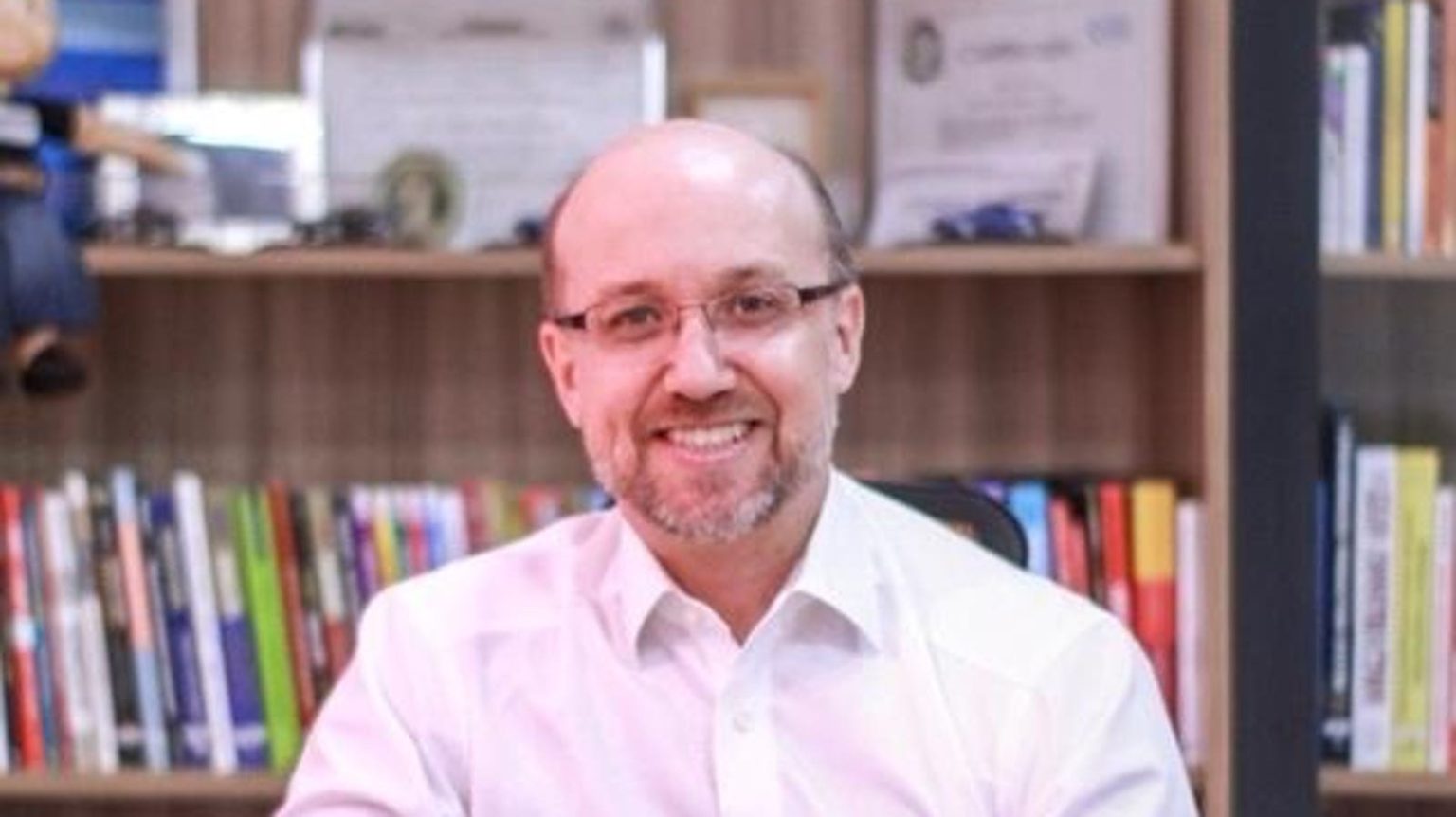The Rise of the Solopreneur: Brazil’s Microbusiness Boom and the Quest for Sustainability
Brazil is experiencing a surge in one-person businesses, a trend reflecting a global shift towards entrepreneurship and self-employment. With millions of microentrepreneurs driving economic activity, Brazil stands at the forefront of this movement. However, the high failure rate of these ventures underscores the need for targeted support and education. Consultant Jevandro Barros, based in Sao Paulo, the epicenter of Brazil’s microbusiness activity, has recognized this crucial need and is pioneering a new approach to empower solo entrepreneurs.
Barros’ journey began with a stark realization: traditional corporate consulting methods were ineffective for the unique challenges faced by small businesses, particularly solo ventures. Witnessing the burnout and struggles of his self-employed clients, he recognized the necessity of a tailored approach. Leveraging his extensive experience in lean business consulting for industry giants like Mercedes-Benz and Porsche Consulting, Barros developed a specialized methodology focused on practical education. He crafted a series of courses and e-books designed to equip microbusiness owners with the essential skills for success.
Recognizing the critical need for ongoing support and community, Barros is launching Projeto Apollo, a platform designed to provide mentorship and education to solo entrepreneurs. This initiative aims to address crucial areas such as strategic planning and cash flow management, often overlooked by those transitioning from corporate life or entering the business world without formal training. Barros’ popular podcast further amplifies his message, reaching a wider audience and fostering a vibrant dialogue around the challenges and opportunities of one-person businesses.
Brazil’s microbusiness landscape is vast and dynamic. Millions of individuals have embraced entrepreneurship, registering as microentrepreneurs – a classification designed for those with no or minimal employees. Sao Paulo, Barros’ base of operations, boasts the highest concentration of these microenterprises, reflecting the city’s vibrant economic ecosystem. The service sector dominates this landscape, with hair stylists, beauty professionals, and those in publicity leading the charge. This trend mirrors global patterns, with the service industry proving fertile ground for solo ventures.
While Brazil’s entrepreneurial spirit is undeniable, its microbusinesses face a significant hurdle: sustainability. The high exit rate, often attributed to negative factors like business failure rather than positive exits like acquisition or retirement, reveals a critical vulnerability. The Global Entrepreneurship Monitor (GEM) report highlights this challenge, emphasizing the precarious nature of many one-person ventures. This underscores the importance of Barros’ work, which focuses on providing the essential tools and knowledge to build resilient and thriving businesses.
Barros attributes the high failure rate, in part, to the lack of access to quality entrepreneurship education. Many solopreneurs launch their ventures without a clear understanding of the fundamental principles of business management. His approach emphasizes a structured learning process, breaking down the complexities of starting and growing a business into manageable sequences. He often works with new founders for an extended period, focusing on pre-launch preparation before delving into other aspects of the business, ensuring a solid foundation.
Barros’ philosophy centers on providing comprehensive support tailored to the unique needs of solo entrepreneurs. He recognizes the difficulty in finding specific, relevant knowledge and addresses this gap by offering a holistic approach to business education. His goal is to equip microbusiness owners with the complete toolkit necessary to navigate the challenges and achieve sustainable success. He believes the time has come for one-person businesses to play a pivotal role in Brazil’s economy and is committed to empowering them to realize their full potential. His work is not merely about building businesses; it is about fostering a thriving ecosystem of solopreneurs, contributing to a more dynamic and resilient economy.


